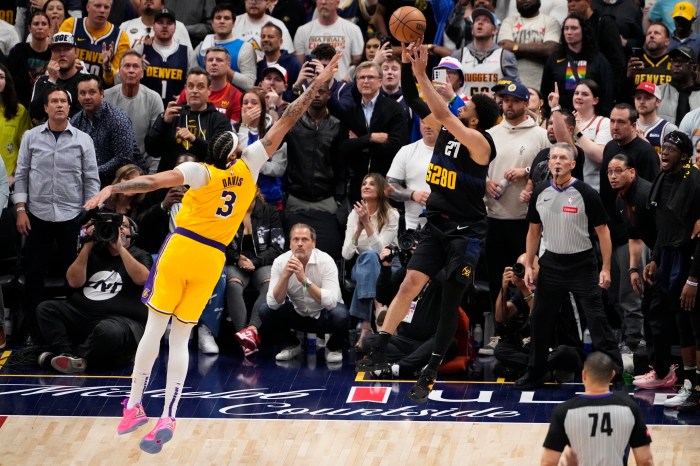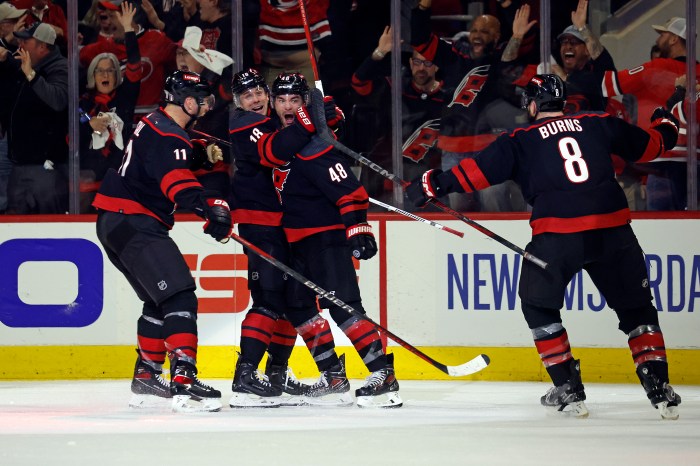By Brian Homewood
ZURICH (Reuters) – If Cristiano Ronaldo takes a penalty and aims his shot into the middle of the goal, there is only a 58 percent chance he will score. If he aims to his left, his chances of scoring go up to 85 percent and 89 percent if he goes to his right.
One of the oldest cliches in football is the one about penalties being a lottery.
For many people, however, taking penalties is a science, as evidenced by a growing number of studies and books on the subject by academics and psychologists.
One of the most recent is from a group of Portuguese researchers who have studied thousands of penalties, including those taken by Ronaldo, and built up a database describing the behavior of individual players while taking a spot kick.
The researchers say they can use the information to predict how a given player is likely to take a penalty, or how a goalkeeper will react, depending on the circumstances of the match, and their recent form.
They hope to sell the information to clubs, with project coordinator Alexandre Real telling Reuters it could be worth “between three and 12 points to a team” during a season – enough to make the difference between survival and relegation.
Although many clubs compile their own dossiers on penalties, Real says his group’s research has added value in that it identifies individual traits in penalty takers and goalkeepers and how that can vary according to circumstances.
Joao Fialho, a mathematics professor at the American University of the Middle East in Kuwait and also on the research team, said that, for example, when Chile captain Arturo Vidal misses a penalty, he always takes the following one to his left.
PENALTY-TAKING PSYCHOLOGY
On this basis, Fialho said he was able to forecast that when Vidal took a penalty in the Confederations Cup shootout against Portugal he would shoot to the left – which he did, scoring and sending Portugal goalkeeper Rui Patricio the wrong way.
Vidal had missed his previous penalty, for Bayern Munich against Real Madrid in the Champions League.
Fialho told Reuters that the way a player will take a penalty often depends on the circumstances of the match or penalty shootout. If his team are behind, the player is less likely to vary his normal routine.
One goalkeeper the group studied tended to try pulling a double bluff over the penalty taker. If the penalty taker looked one way before kicking, the keeper would assume it was a decoy and would dive towards the opposite corner.
The researchers did not want to give too much away but, as a teaser, published an analysis of Germany’s goalkeepers at the Confederations Cup.
The report said that first choice Marc-Andre ter Stegen “has a tendency to open his arms and does not try to make eye contact with the penalty taker”. If the penalty taker shot to the right – or Ter Stegen’s left, “there was a strong chance the penalty would be saved”.
Real said that information would be sold to only one club per league, or competition in the case of international club contests, on an “exclusive rights” basis.
Other researchers say they have found clubs are reluctant to invest in such projects but Real, who did not want to reveal how much he would charge, was confident of attracting clients.
“We have already had an inquiry from one very important coach and we have had requests from clubs which we justifies the effort,” he said.
(Writing by Brian Homewood; editing by Mark Heinrich)


















